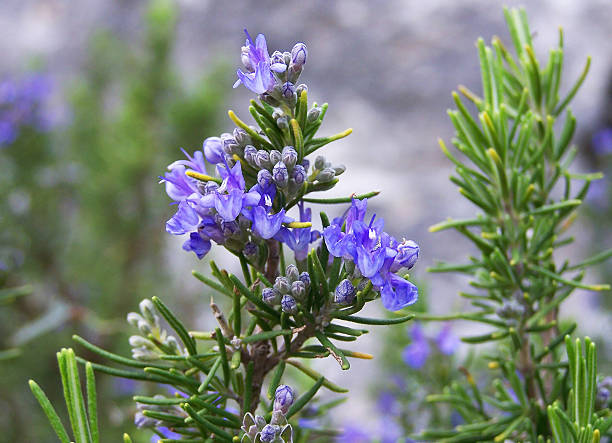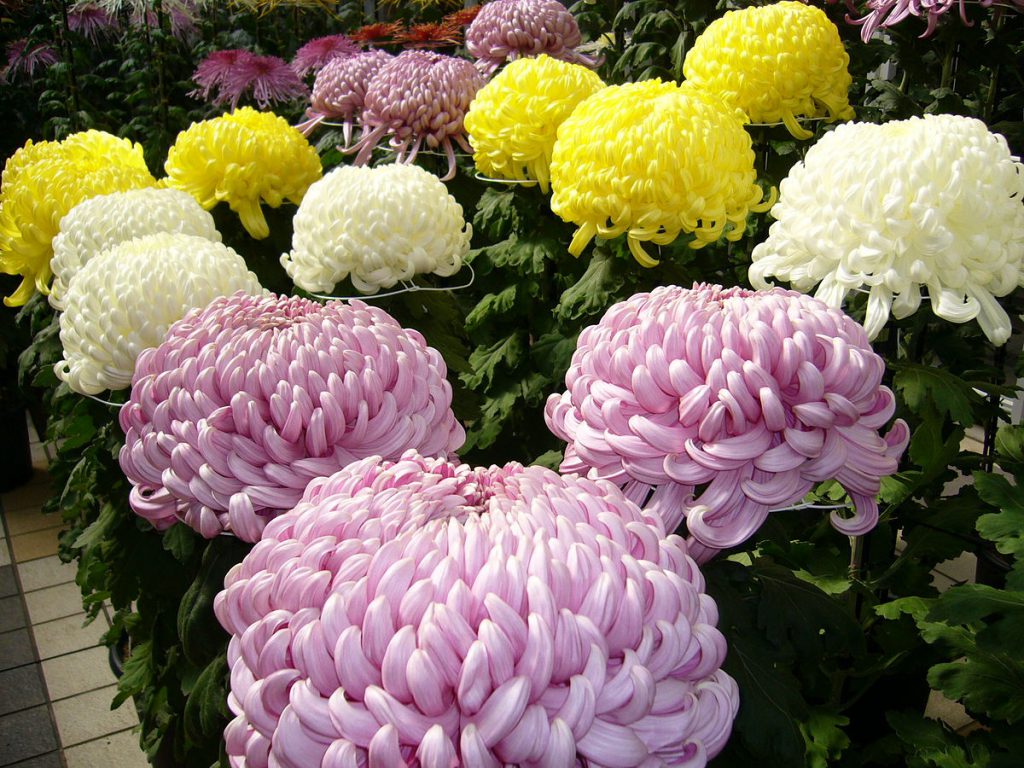On one side, monsoon gives you reasons to enjoy cold showers of rain while on the other side it brings with itself many diseases. One of the most prominent diseases that occur during the monsoon is malaria due to prevalent mosquitoes in stagnant water and muddy puddles. Of course, there are sprays and repellents to keep mosquitoes away. But they are full of chemicals and smell ready bad. Besides drowning yourself in mosquito spray, you can adopt a more green approach to keep mosquitoes away. Yes, several indoor plants smell nice and keep mosquitoes away naturally. Read further to know about plants that are natural mosquito repellents.
Marigolds
Marigolds are easy to grow annual flowers, which emit a strong fragrance that repels mosquitoes. It is advised to grow them in pots and keep near the deck, balcony or entrance of the house to keep mosquitoes away. Apart from mosquitoes, they also repel insects found on tomato plants. Marigolds contain a compound called pyrethrum, which is also referred to as ‘nature’s insecticide’ and used in many repellents.
Lemon Balm
Lemon balm, also known as horsemint ward off pesky mosquitoes but attracts bees and butterflies. It is a fast-growing species that can take over your garden easily. Therefore, it is advised to plant lemon balm in a pot rather than in your garden.
Geraniums
Geraniums are lovely flowering plants, which is a great choice for mosquito repellent. They are lemon-scented that apart from mosquitoes keep several pests away from home and garden. The scented geraniums have a small portion of citronella oil that grants them mosquito-repelling ability.
Lavender
Lavender is a gorgeous flowering plant with soothing and calming fragrance. The heavenly fragrance of lavender that relaxes humans and helps them sleep peacefully at night deters mosquitoes and bugs. The Lavandin variety of lavender has a high concentration of camphor. Growing a lavender plant Dubai in your garden or keeping it near to door, windows, and balcony will also help keep flies and moths away.
Mint
Mint is an excellent option to keep mosquitoes, ants, and flies away. You can grow mint in pots and place on your patio or balcony. You can even dry some mint leaves and keep them in your home as a natural pest control alternative.
Catnip
Catnip contains a chemical called nepetalactone, which acts as a mosquito repellent for front door and feline attractant. Though Though catnip is easy to care for, it is an invasive species so abstain from planting it in your garden bed unless you want it to take over your garden.
Basil
Basil is a popular herb that offers protection from mosquitoes. The pungent smell of the basil leaves keeps insects and mosquitoes at bay. Out of the different varieties, lemon basil and cinnamon basil are considered as most effective insect repellents. You can plant basil in pots or containers or grow in the garden alone or with other flowers that have the same requirements. Just make sure it receives good drainage and lots of sunlight.
Rosemary
Rosemary is a popular evergreen herb that can be found in every household. It is a versatile herb that not only enhances the taste of your food, promotes hair growth and relieves stress but also keeps mosquitoes at bay. It gives out a woody scent that is effective in keeping away several types of insects. Just toss a few in a fire to spread that bug-repelling scent.

Source: istock
Sage Plant
Another great choice for mosquito repellent plants is a Sage plant. Not only is the sage plant efficient in spiritual cleansing in various cultures, but its leaves are burned to keep annoying mosquitoes away. Just get a bundle of sage stems and toss them into a fire to spread out a mosquito-repelling scent. Even if you don’t have a firepit, just burn them in a corner in a clay or metal vessel.

Source: The Gardening Cook
Apart from growing these plants, make sure you get rid of stagnant water in your house and garden. Any device or cooling machine that contains even the tiniest amount of water must be cleaned and dried off properly.
Chrysanthemum

Source: Wikipedia
Chrysanthemum is everyone’s favourite perennial when it comes to saying, ‘Bug Off’ to insects. It contains pyrethrum, a natural insecticide, that will get rid of all the mosquitoes, flies, feals and moths. Since this flowering plant is both colourful and evergreen, it will beautify your space as well as keep it bug-free.
Scientific Evidence: Backing Up Grandma’s Wisdom
While our grandparents swore by certain plants to keep buzzzzing mosquitoes at bay, it’s always good to have some science on our side. Researchers are constantly studying natural ways to repel insects and some plants do show promise. For instance, citronella grass, a popular choice, contains oils that mosquitoes find unpleasant. Studies have found that citronella oil applied directly to the skin can offer some protection.
In fact, according to the research published in the Journal of the American Mosquito Control Association, ‘Citronella oil is as effective as DEET in repelling mosquitoes for a short period.’
However, certain precautions are to be taken while using the oil. If inhaled, citronella oil may cause significant damage to the liver. It is also not advised to use on pregnant or lactating mothers as one must always stay on the safe side. Citronella oil should be kept away from young children’s reach to avoid being swallowed as it may harm them.
Additional Tips:
Don’t Ditch the Bug Spray Just Yet
While adding mosquito-repelling plants to your porch or patio is a great idea, it’s important to remember they might not be a silver bullet. Plants may not release enough repellent oils to create a large, mosquito-free zone, especially in areas with heavy infestations. Think of them as warriors at the front line of defence – beautiful and fragrant, but best used alongside other mosquito control methods like eliminating standing water and using EPA-approved repellents when needed.
Safety First: Keeping Your Family and Pets in Mind
Even the prettiest plants can sometimes pack a hidden punch. Some, like citronella grass, are generally safe. But others, like certain marigolds, may cause skin irritation. If you have young children or curious pets, it’s always a good idea to choose plants that are non-toxic and place them out of reach. A quick search on the specific plant you’re interested in can tell you all about its safety profile.
People also search for following plant-related blogs:






